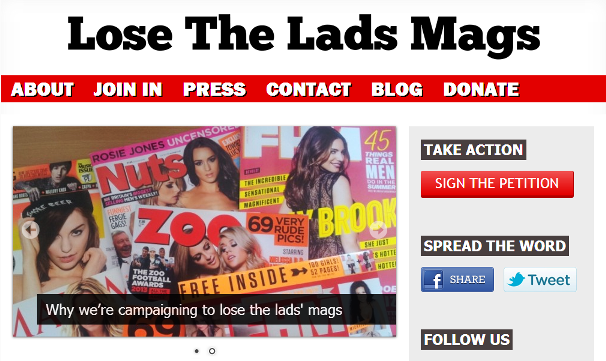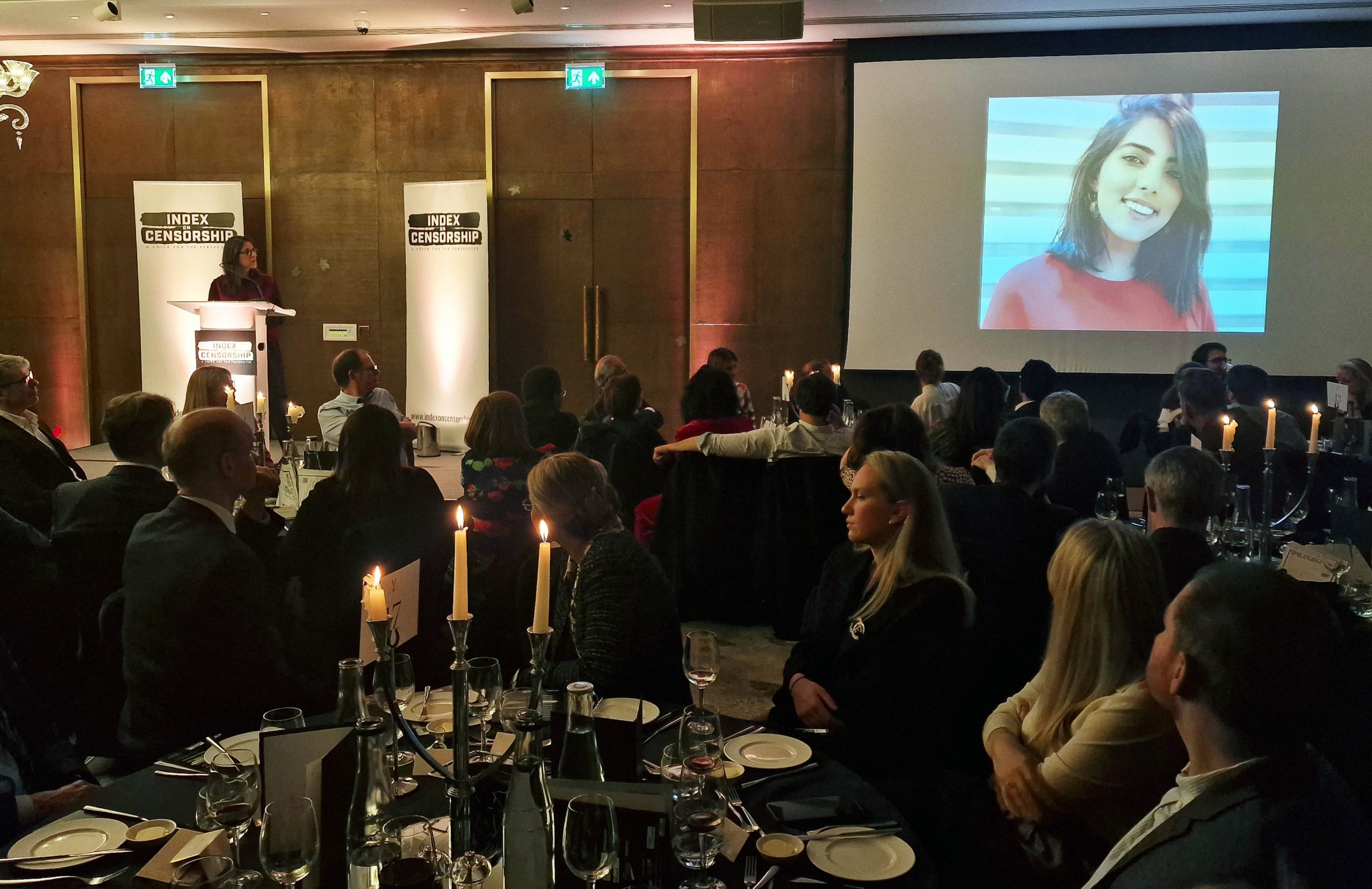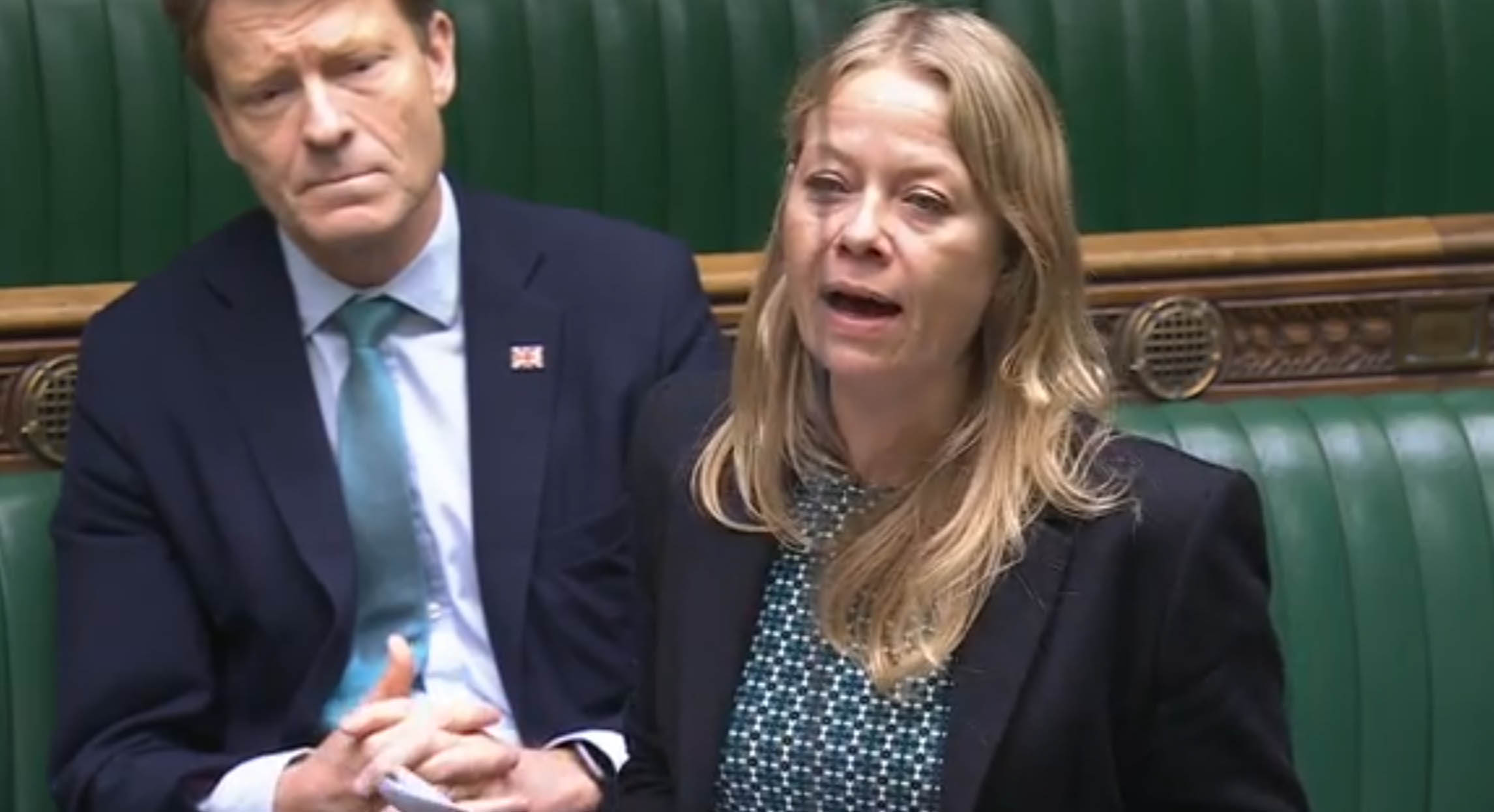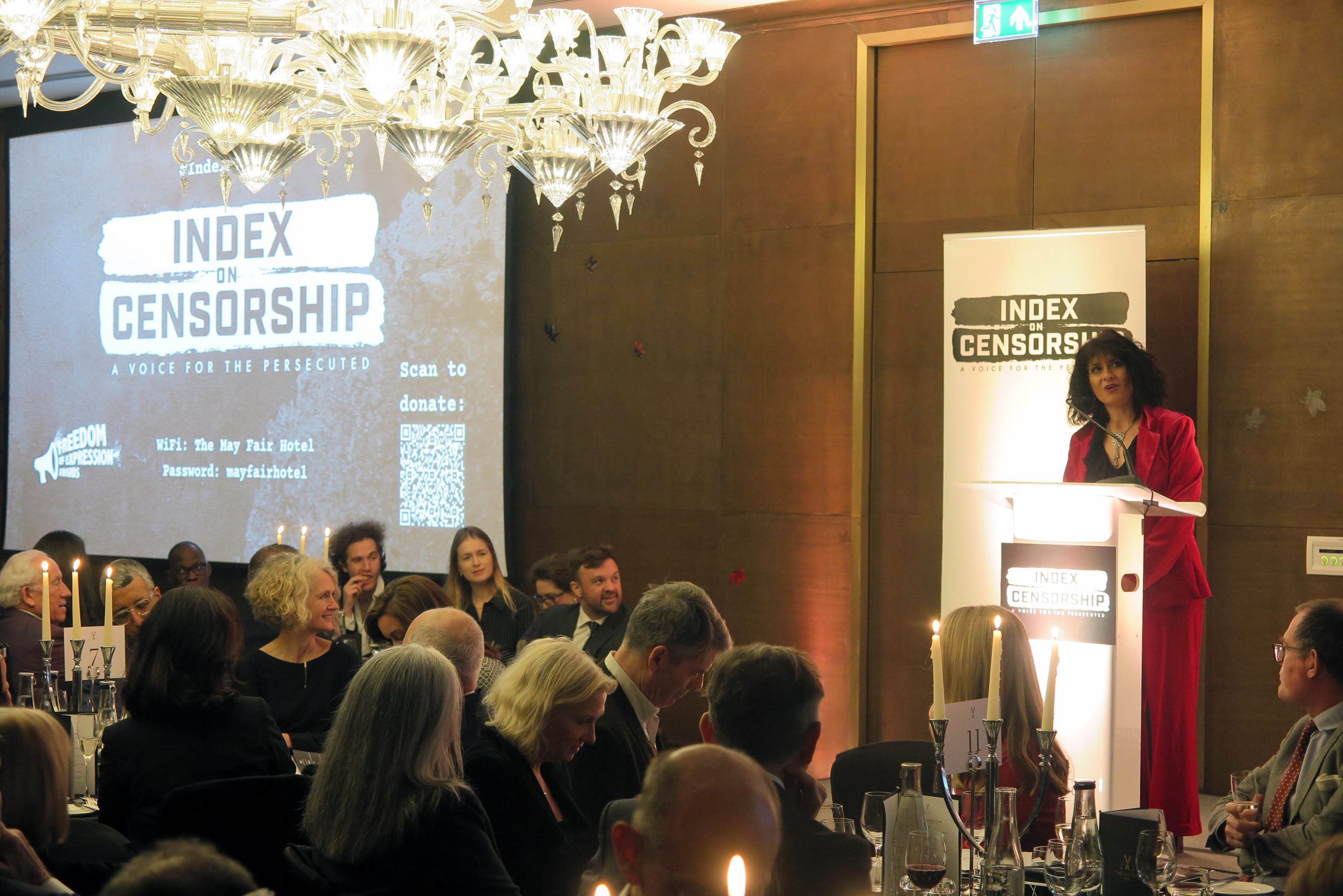The Co-operative chain has told magazines such as Nuts and Zoo to clean up their act. Will women really benefit?
 The “Lose the Lads Mags” campaign claims to want freedom: freedom for supermarket employees against exposure to pornography at work, and for women against sexual objectification, which the campaigners claim encourages gendered violence. But by threatening to prosecute retailers under the Equality Act if they continue to stock the magazines, they are endorsing a kind of illiberal censorship that curtails free speech, press freedom, consumer choice, and, in a climate of incipient creeping fig-leafing, sexual expression itself.
The “Lose the Lads Mags” campaign claims to want freedom: freedom for supermarket employees against exposure to pornography at work, and for women against sexual objectification, which the campaigners claim encourages gendered violence. But by threatening to prosecute retailers under the Equality Act if they continue to stock the magazines, they are endorsing a kind of illiberal censorship that curtails free speech, press freedom, consumer choice, and, in a climate of incipient creeping fig-leafing, sexual expression itself.
It is hard to see just how curbing the sale of lads mags would tackle the endemic root of the coalition’s ire – female objectification, a phenomena that predates the publication of Nuts, Zoo et al by several thousand years. Yet the Lose the Lads mags campaigners claim that, in normalising sexual objectification, the magazines encourage violence against women, and vaguely states that there is ‘research’ (although it is not cited) to prove it.
One such source of research is Dr Peter Hegarty, Psychologist at Sussex university, who took part in a radio debate with me on the topic. Hegarty was a co-researcher in a 2011 study which found that participants presented with descriptions of women taken from lads’ mags, and comments about women made by convicted rapists could not distinguish the source of the quotes.
On this basis, Hegarty suggested, it is the tone of lads mags that it is the issue not the images themselves. Banning them on the basis that the cover content constitutes sexual harassment, as the Lose the lads Mags campaigners want to do, misses the scientific point and only further discredits their agenda..
What’s more, if lads magazines are ripe for prosecution then so, surely, are the tabloids and their daily diet of bikined and knicker-flashing celebs, also sold in mainstream supermarkets – particularly given the way they are displayed at prime eye-level position in their freestanding carousels in many outlets.
There could be ramifications for press freedom. If the Equality Act can be invoked by employees who feel sexually harassed by images of scantily clad women, could ethnic minority employees can sue supermarkets for forcing them to handle the Daily Mail on the basis that it publishes offensive attitudes towards immigrants, for example?
As fears about internet pornography and the sexualisation of children grow in the West, so come the protectionist and prohibitionist attempts to clamp down on sexual representation. Earlier this year, the EU Women’s Rights and Gender Equality Committee voted on a clause calling for the banning of all pornography in the media. The vote was split, but the censorious attitudes remain. Now that many liberal feminists have joined ranks with their radical cohorts, and the conservative right against sexual representation, a minority of those of us who believe sexual expression doesn’t have to be dehumanising or derogatory are left to defend sexual freedom for everyone.
What we need isn’t fewer lads mags, but a more diverse representation of sexuality, both male and female, and better education about the material already out there. When we consider that 42 per cent of 10 to 17 year olds have viewed internet porn in the last year, and have access to it in their own homes, on their smartphones and tablet devices, lads mags are surely an easy – and misplaced – target. Helping boys and young men to understand the difference between imagery and reality in relation to sex and women and so make informed, considered choices about the material they then consumed and their reaction to it is surely the sensible, sustainable answer.
When it comes to sexual representation, out of sight out of mind certainly doesn’t help. And no positive sexual revolution ever achieved change by cloaking what it feared.
Nichi Hodgson is a journalist and broadcaster. Her latest book is Bound To You
nichihodgson.com




